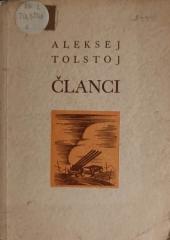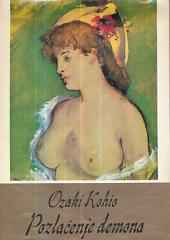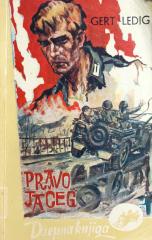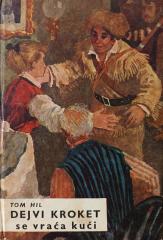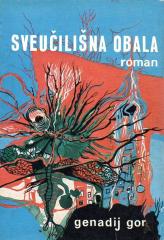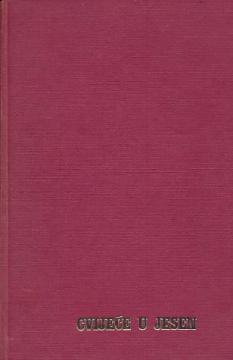
Cvijeće u jesen
"Flowers in Autumn" is a novella by Slovenian writer Ivan Tavčar, first published in 1917. The work belongs to Slovenian literary realism and is considered one of the most significant achievements of that period.
The plot follows Janez, a successful lawyer from Ljubljana, who, dissatisfied with the monotony of city life, decides to visit his cousin in the countryside. There he meets Meta, a simple and hardworking country girl. Despite their differences in origin and lifestyle, a sincere love develops between them. Janez, enchanted by the beauty of nature and the simplicity of village life, decides to leave the city and start a new life with Meta in the countryside.
Through this story, Tavčar explores themes such as the conflict between urban and rural lifestyles, love that transcends social barriers, and the transience of time. The title "Flowers in Autumn" symbolizes the beauty and love that blooms even in the later stages of life, emphasizing that it is never too late to change and find happiness.
The novel was adapted into a film of the same name in 1973, directed by Matjaž Klopčič, starring Poldet Bibič and Milena Zupančič. The film retained the essence of the original story, depicting the beauty of the Slovenian countryside and the universality of the love story.
"Flowers in Autumn" remains an enduring work of Slovenian literature, providing readers with insight into the cultural and social aspects of Slovenia at the beginning of the 20th century and the universal themes of love, change, and acceptance.
No copies available
The last copy was sold recently.
